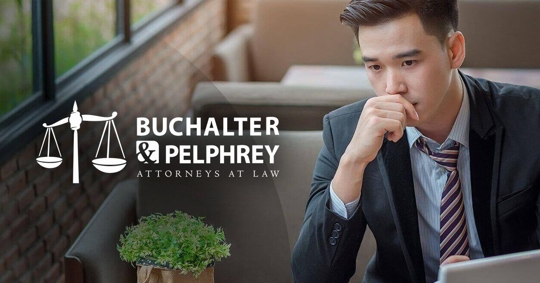You may have heard a rumor that you cannot discharge your student loan debt during bankruptcy. This is simply not true. Although you need to file an extra action known as an "adversary proceeding," discharging student loan debt during bankruptcy is possible. Keep reading to learn more.
Filing an Adversary Proceeding
An adversary proceeding is the bankruptcy court's version of a civil lawsuit in which you ask the court to rule on an issue related to your bankruptcy case. Before you can file an adversary proceeding to discharge your student loans, you must file for Chapter 7 or Chapter 13 bankruptcy. Once your case is in bankruptcy court, you can use an adversary proceeding to ask the court to determine whether your loan qualifies for discharge.
Generally, bankruptcy courts will not find your debt dischargeable unless repayment would impose "undue hardship" on you and your dependents.
Proving Undue Hardship
To prove undue hardship, you must show the bankruptcy court how repaying your loan would negatively impact your life. Usually, bankruptcy courts ask the following questions:
- Would you be able to maintain a minimal standard of living if forced to repay the loan?
- Will the hardship you're facing continue for a significant portion of the loan repayment period?
- Did you make good faith efforts to pay the loan before filing for bankruptcy?
If the answer to one or more of these questions is yes, you may meet the undue hardship requirement. A recent graduate with a manageable loan may not be eligible to discharge their student loans, for example, because they will likely get a job and overcome their hardships, but a single parent who has been struggling to pay their loans for several years may be eligible. Keep in mind that attempting to discharge student loans through bankruptcy is difficult and there are additional costs involved to file an adversary proceeding.
What Will Happen to My Student Loans?
Depending on the bankruptcy court's decision, your loan may be fully or partially discharged. The court can fully discharge your loan, which means the loan will go away and you will not pay any portion of it; partially discharge your loan, which means you will still need to repay some of it; or change the terms of your loan with a new repayment plan or a lower interest rate.
Where to Start
The most important step in the student debt discharge process is contacting an attorney. At Buchalter & Pelphrey Attorneys At Law, we understand how stressful financial hardship can be. That's why we offer a host of legal services so clients can get the guidance they need to secure a better financial future.
Contact our attorneys to schedule your initial consultation.
Additional Reading:

